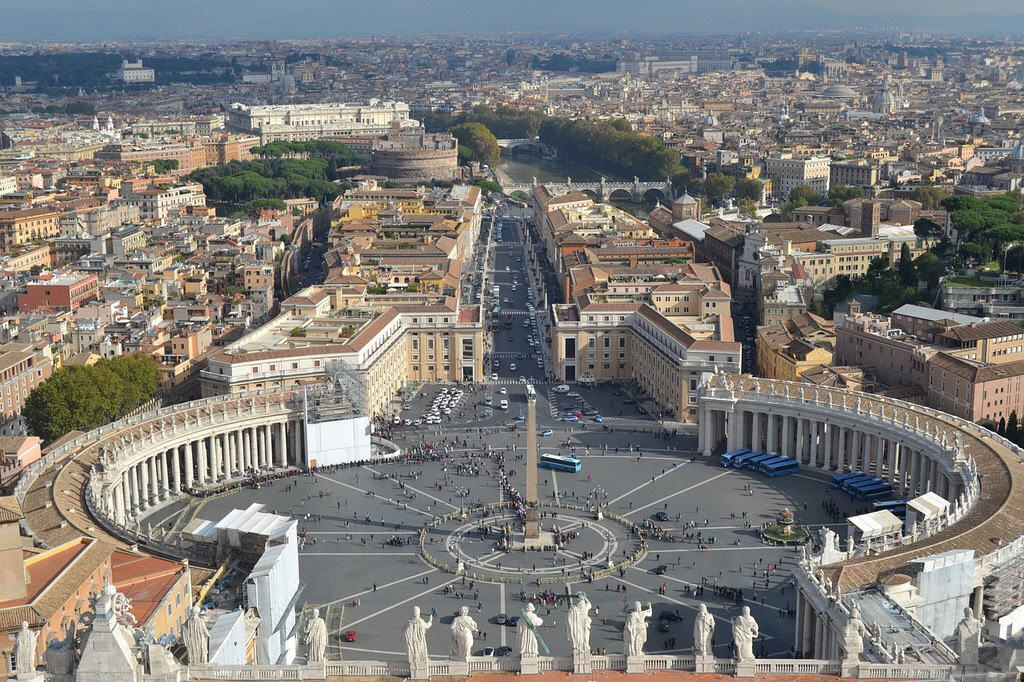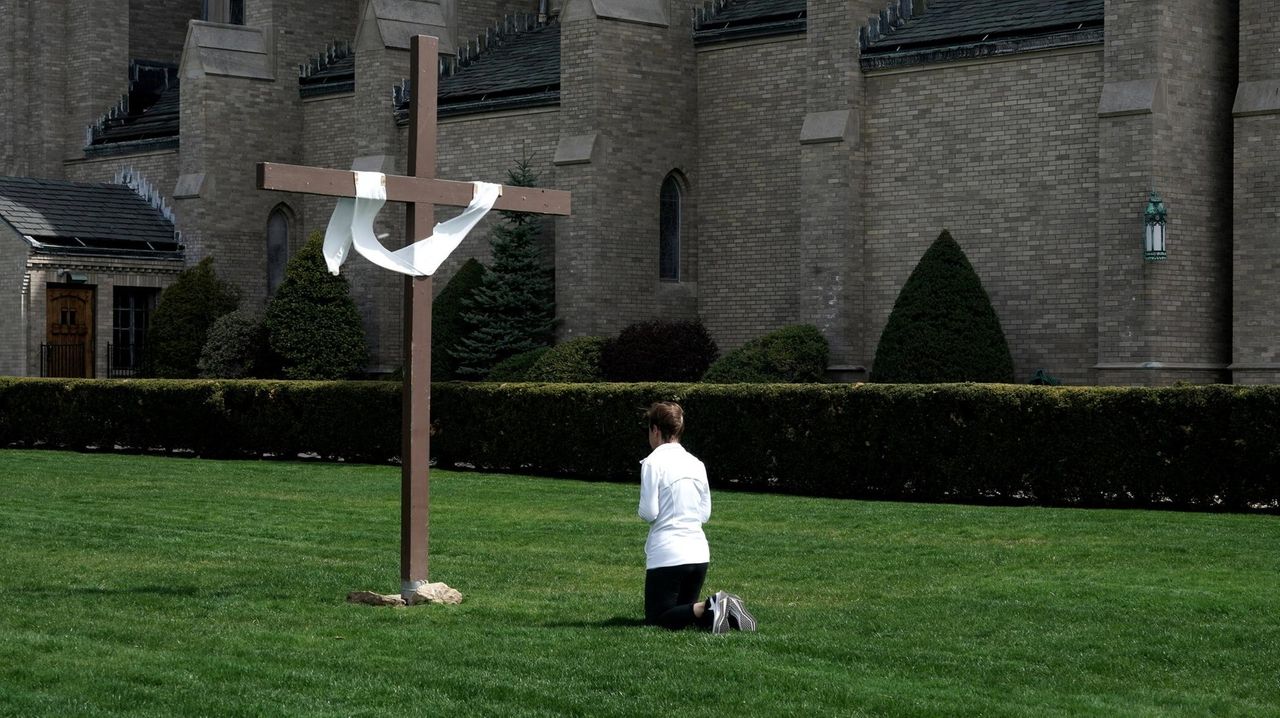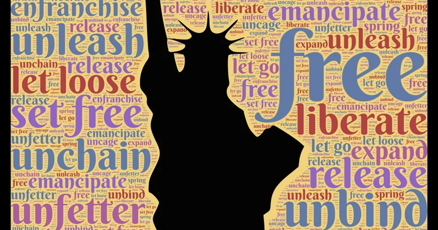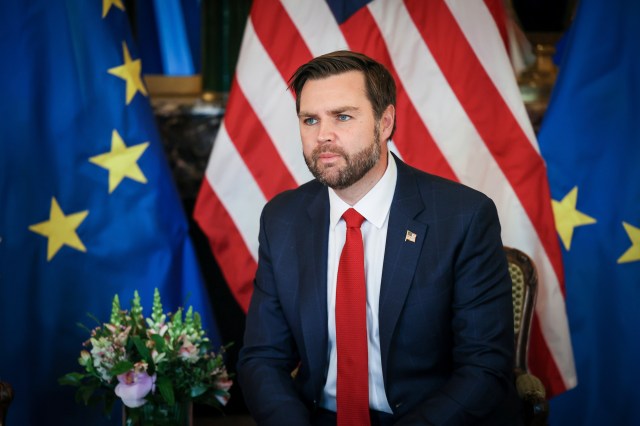Controversy Erupts: Minister's Controversial Claim on Pahalgam Attack Religious Motives
Religion
2025-04-27 02:58:50Content
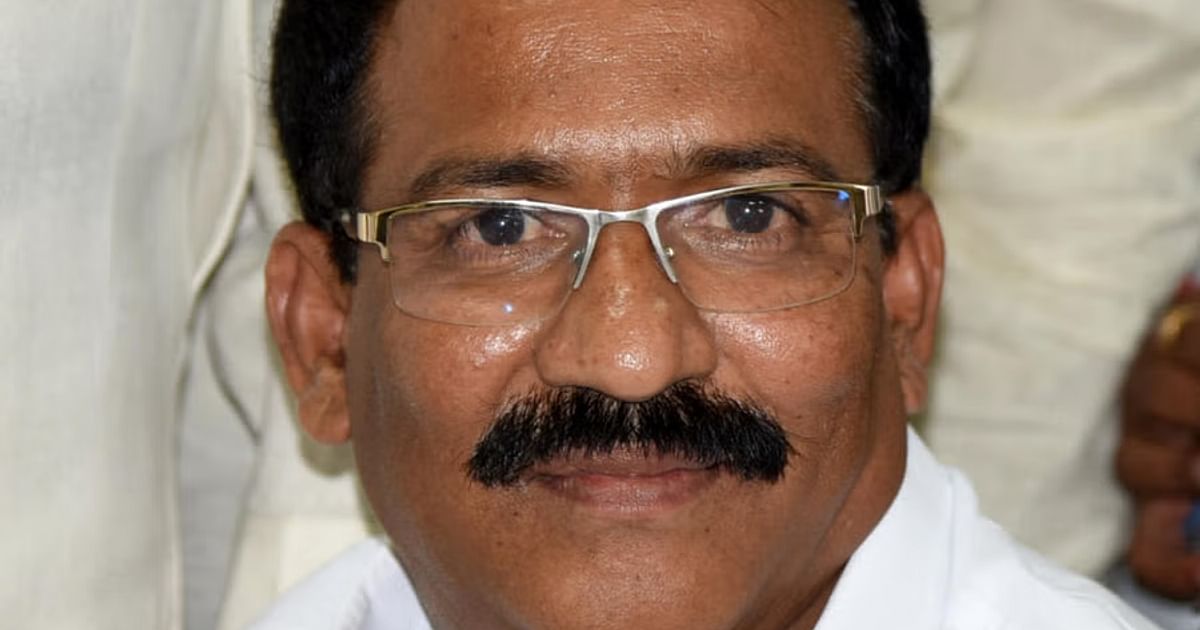
In a controversial statement that has sparked widespread criticism, Minister R.B. Thimmapur suggested that the perpetrators of the Pahalgam attack may not have specifically targeted victims based on their religious identity. His remarks have drawn sharp rebuke from political circles and eyewitnesses who claim otherwise.
The minister's comments come in the wake of a tragic incident that has deeply shocked the local community, with many questioning the underlying motivations behind the attack. Despite emerging testimonies that seem to contradict his statement, Thimmapur maintains that the attackers might have acted without religious discrimination.
Political leaders across the spectrum have condemned the minister's remarks, arguing that such statements minimize the gravity of the violence and potentially downplay the sectarian tensions underlying the incident. Eyewitness accounts have provided a starkly different narrative, suggesting a more targeted approach by the attackers.
The controversy highlights the sensitive nature of communal incidents and the importance of careful, responsible communication by public officials. As investigations continue, the minister's statement has only served to intensify public scrutiny and demand for a transparent inquiry into the attack.
Tragedy in Pahalgam: Unraveling the Complexities of a Devastating Attack
In the shadowy landscape of conflict-ridden regions, where tensions simmer beneath the surface, a recent incident in Pahalgam has once again thrust the delicate dynamics of communal relations into the harsh spotlight of national scrutiny. The attack that unfolded has not just claimed lives but has also ignited a complex dialogue about identity, violence, and the human cost of ongoing regional tensions.When Humanity Hangs in the Balance: A Critical Examination of Senseless Violence
The Incident: Contextualizing the Pahalgam Attack
The tranquil environment of Pahalgam, typically known for its breathtaking landscapes and tourist appeal, was brutally shattered by an unexpected and horrific act of violence. Eyewitness accounts and preliminary investigations have painted a disturbing picture of an attack that transcends simple categorization. The incident represents more than just a momentary eruption of violence; it symbolizes the deeper, more complex undercurrents of regional tensions that have long plagued the area. Forensic and investigative teams have been meticulously piecing together the sequence of events, attempting to understand the motivations and circumstances that led to this tragic moment. The complexity of the situation is further compounded by the nuanced social and political landscape of the region, where historical tensions often blur the lines between individual actions and broader systemic issues.Political Responses and Ministerial Statements
Minister R B Thimmapur's controversial statement suggesting that the attackers might not have discriminated based on religious identity has sparked intense debate and criticism. This assertion challenges the prevailing narrative and introduces a provocative perspective that demands careful examination and nuanced understanding. Political analysts and social commentators have been quick to dissect the implications of such a statement. The minister's remarks suggest a potential attempt to depoliticize the incident, yet they simultaneously risk minimizing the deeply entrenched communal dynamics that often underpin such violent encounters. The statement has generated significant pushback from various political factions and civil society groups who argue that such interpretations potentially overlook the systemic complexities of regional conflicts.Societal Implications and Deeper Psychological Trauma
Beyond the immediate physical violence, the Pahalgam attack reveals profound psychological scars that continue to define community interactions in conflict-prone regions. The incident is not merely an isolated event but a symptom of deeper societal fractures that have persisted for generations. Mental health experts and sociological researchers emphasize the long-term traumatic impact such incidents have on community psyche. The collective memory of violence creates intergenerational wounds that extend far beyond the immediate victims, perpetuating cycles of fear, mistrust, and potential retaliatory actions. The psychological landscape becomes a complex terrain where individual experiences intersect with broader communal narratives.Media Representation and Public Discourse
The media's role in framing and interpreting such incidents has come under significant scrutiny. Responsible journalism requires a delicate balance between reporting factual information and avoiding sensationalism that could potentially exacerbate existing tensions. Various news outlets have approached the story from different angles, highlighting the multifaceted nature of the incident. Some have focused on the human stories of loss and grief, while others have delved into the broader geopolitical context that creates environments conducive to such violent outbreaks.Pathways to Healing and Reconciliation
In the aftermath of such a traumatic event, the most critical challenge lies in fostering dialogue, understanding, and potential reconciliation. Community leaders, civil society organizations, and progressive political voices must collaborate to create spaces for meaningful conversation and healing. Restorative justice approaches, community dialogue initiatives, and targeted psychological support programs emerge as potential strategies to address the deeper wounds inflicted by such violent incidents. The path forward requires a nuanced, empathetic approach that acknowledges individual pain while simultaneously working towards collective healing.RELATED NEWS
Religion
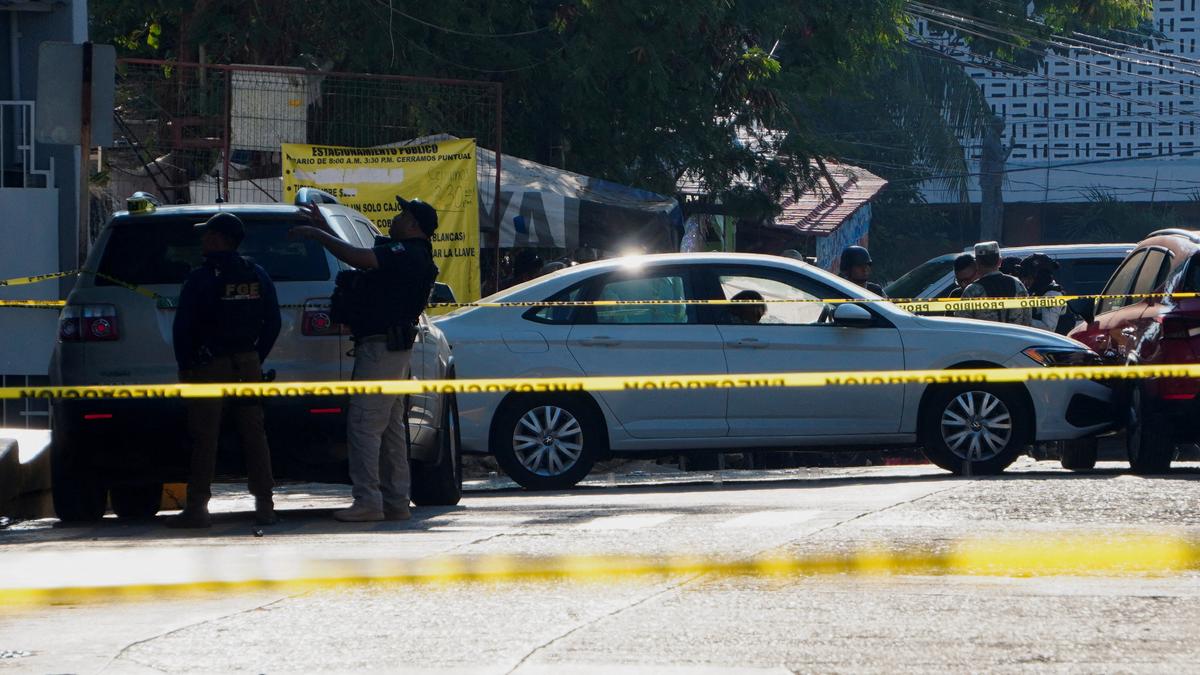
Shocking Assassination: Renowned Religious Leader Gunned Down in Targeted Attack
2025-03-09 05:04:42
Religion
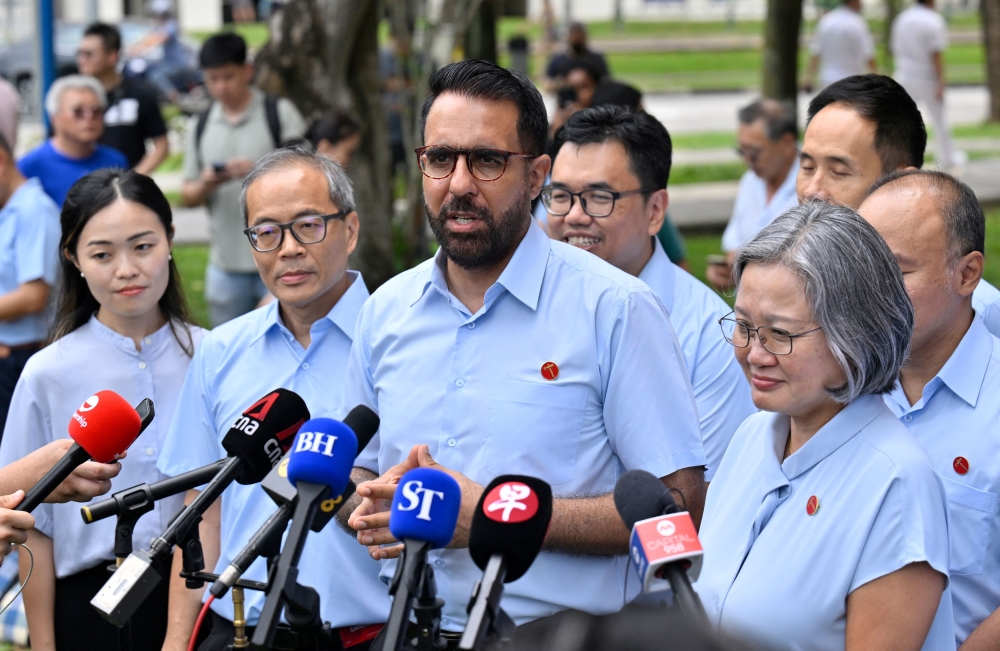
Singapore's Political Landscape: Pritam Singh Warns Against Divisive Tactics in Multiracial Democracy
2025-04-26 08:12:37
Religion
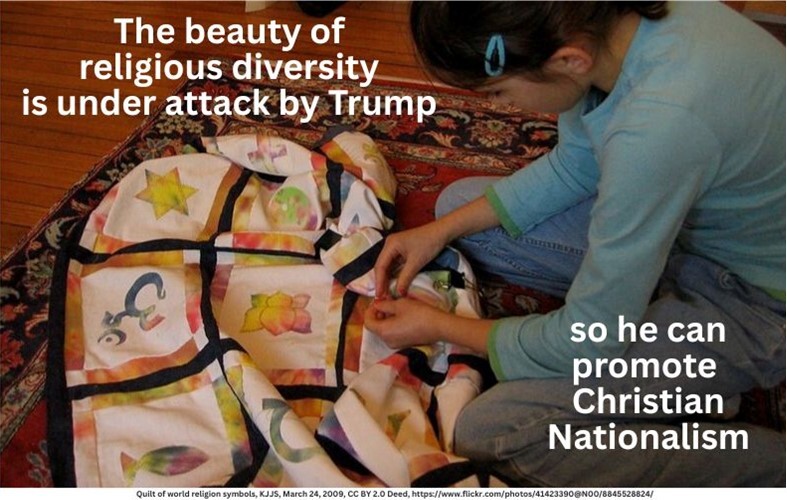
Religious Liberty Under Siege: Trump's Controversial Assault on Faith and Freedom
2025-05-04 14:49:27
